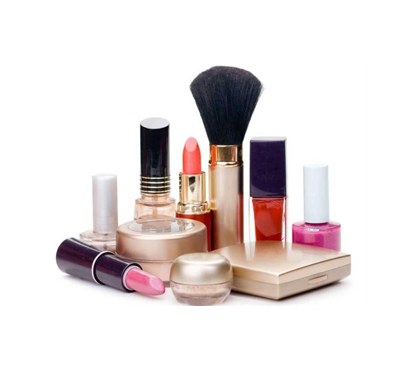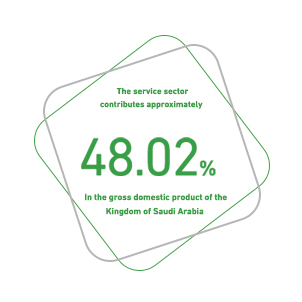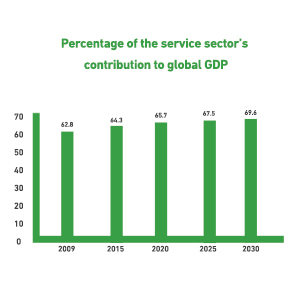A cosmetics company is one of the most promising ventures, catering to a continuously growing market by offering a diverse range of products designed to enhance facial beauty, improve skin texture, nourish hair, and highlight lips and nails. With the increasing awareness of personal care and the rising demand for products that combine quality and innovation, cosmetics companies have become an attractive investment opportunity that merges creativity with profitability. This type of business is highly flexible and can target a wide range of customers by developing products suitable for different age groups. The company can further boost its appeal by launching specialized product lines, such as natural or chemical-free cosmetics, to meet the needs of consumers seeking healthy and sustainable options. Moreover, the project offers significant expansion opportunities through opening new branches in local and international markets, as well as forming strategic partnerships with distributors and retailers. Additionally, the company can strengthen its market presence by participating in specialized trade exhibitions, which helps increase brand awareness, expand the customer base, and enhance long-term growth prospects.

A cosmetics company is a pioneering venture that offers high-quality products tailored to meet diverse customer needs. The company provides a wide range of beauty and personal care items, including skincare creams, hair care products such as shampoos, conditioners, and nourishing oils, as well as makeup essentials like lipsticks, foundations, and eyeshadows. Additionally, it features nail care products and luxurious perfumes, along with a curated selection of globally renowned brands that customers trustThe project is built on several competitive advantages, primarily the commitment to delivering premium products backed by comprehensive warranties to ensure customer satisfaction. The company also adopts competitive pricing strategies, making it the ideal choice for those seeking the best value for their money A team of specialized experts is dedicated to providing an exceptional customer experience, including after-sales services to guarantee complete satisfaction. Furthermore, the company upholds sustainability standards by using eco-friendly packaging materials, reflecting its commitment to environmental responsibility and sustainable development.



Executive Summary
Project Service/Product Study
Market Size Study
Study of Risks
Technical Study
Financial Study
Regulatory and Administrative Study

Service Sector in the GCC Countries
According to macroeconomic sector theory, the economy is typically categorized into three primary sectors: The first involves the extraction of raw materials, encompassing industries like mining, timber, oil exploration, as well as agro-industries and fisheries. The second sector involves the production and sale of goods, including industries such as automotive manufacturing, furniture, and clothing trade. Conversely, the third sector, known as the “service” sector, focuses on providing intangible services, such as entertainment, healthcare, transportation, hospitality, and restaurants. As countries progress, their economies tend to shift towards greater reliance on the service sector, in contrast to less developed countries where the primary sector predominates. For instance, in the United States, the service sector accounts for 85% of its economy.
The Kingdom of Saudi Arabia:
Qatar:
Kuwait:
The United Arab Emirates:
Oman:
The Global Service Sector
The service sector is the major contributor to the global GDP; it alone accounts for more than three fifths of this GDP. The sector does not rely on producing tangible goods such as vehicles and furniture, but rather on providing intangible services such as banking, medical care, transportation, hospitality, entertainment, etc. The value of the sector market was estimated in 2020 at USD 10,814.49 billion and rose to USD 11,780.11 billion in 2021. Therefore, the market achieved a CAGR of 8.9%. After recovering from the effects of the corona virus pandemic, global market experts expect the sector market to reach USD15683.84 billion by 2025, bringing the market to a CAGR of 7% in the coming years.

Mashroo3k for Consulting recommends investing in the services industry, as its contribution to the GDP rose from 62.8% in 2010 to 65.7% in 2020. According to World Bank data, the contribution of this industry to the GDP is expected to rise to 69.6% by the year 2030.